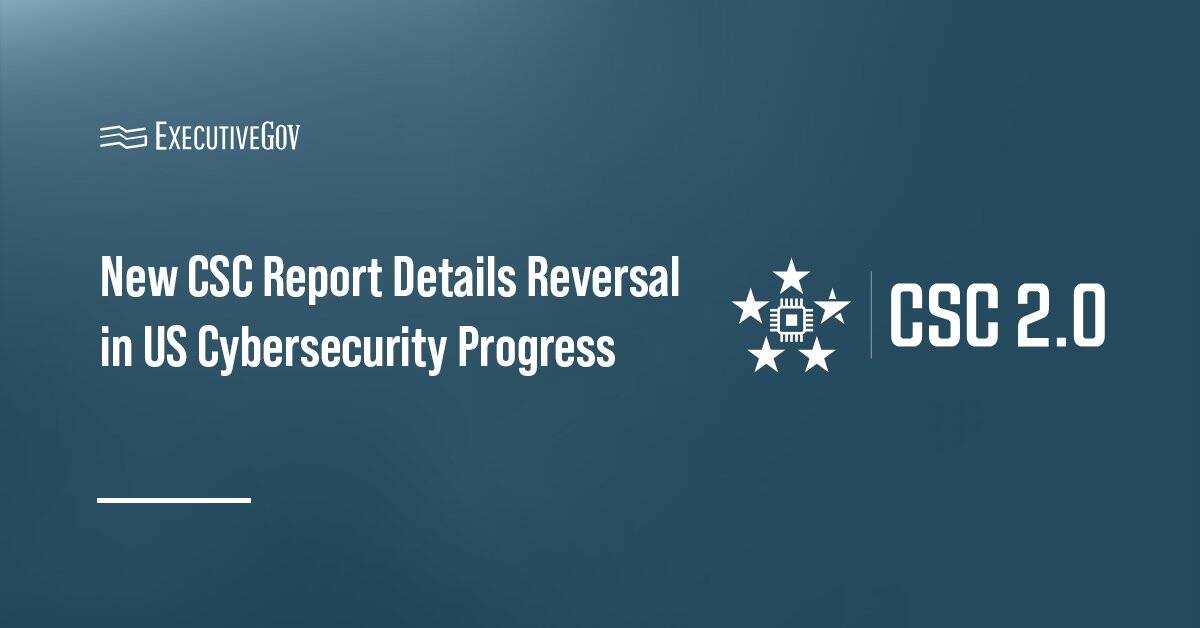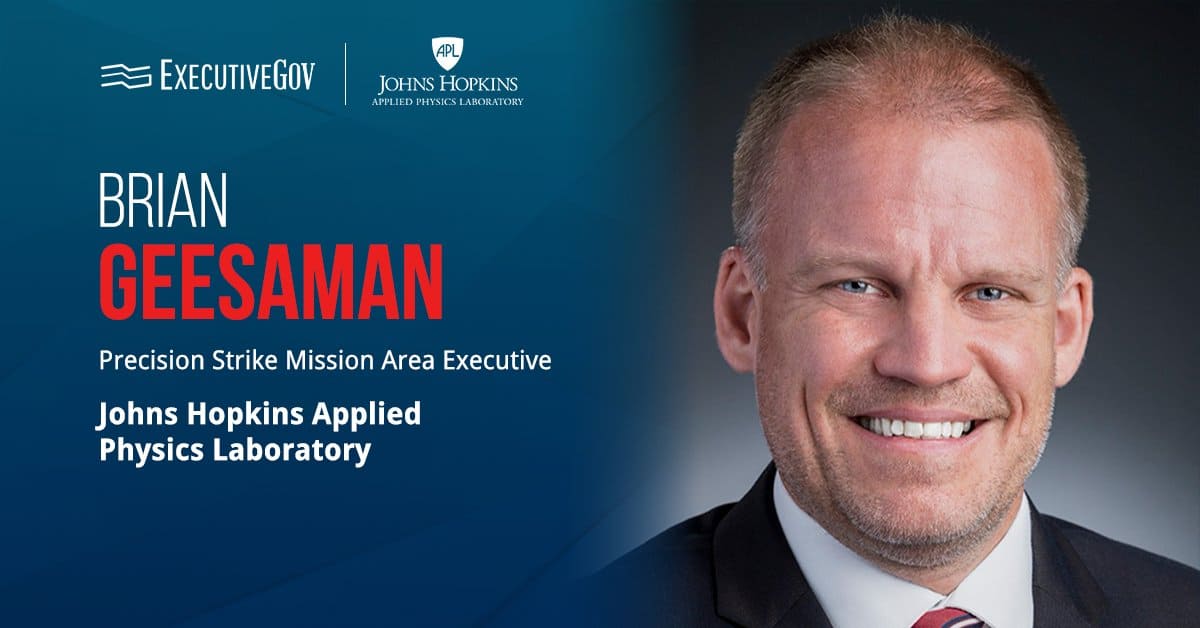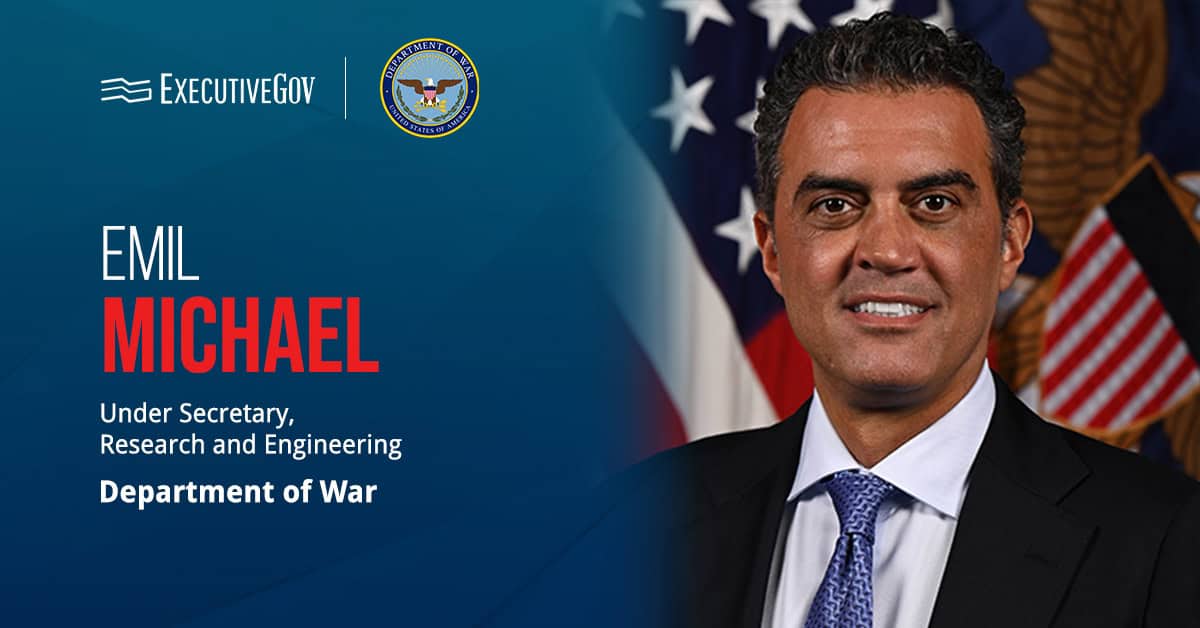The U.S. Cyberspace Solarium Commission has released the 2025 Annual Report on Implementation, a new assessment that reviews progress on the commission’s cybersecurity recommendations.
Federal efforts to defend against cyberthreats are faltering, with key reforms losing ground, CSC 2.0 reported Wednesday. Analysts highlighted a decline in implementation, noting that approximately 35 percent of the initial 82 recommendations have been fully implemented, down from 48 percent in 2024. An additional 34 percent are nearing implementation and 17 percent remain on track.
Table of Contents
What Factors Are Slowing Federal Cybersecurity Progress?
The report points to personnel turnover, policy changes between presidents, underinvestment and bureaucratic delays as key factors slowing federal cybersecurity initiatives. Cuts to cyber diplomacy and science programs, and the absence of stable leadership at the Cybersecurity and Infrastructure Agency, Department of State and Department of Commerce, have further reduced momentum in securing emerging technologies.
What Did the CSC Advise for Improving National Cyber Defense?
The CSC report provided recommendations to strengthen cybersecurity that the current administration and Congress can prioritize. These include:
- Giving the Office of the National Cyber Director the authority over cyber policy coordination, budgets, regulations and incident response.
- Restoring CISA workforce and funding to strengthen national incident response, resilience programs and infrastructure security.
- Reinvesting in the Cyber Diplomacy Program to support allies, counter adversaries’ digital influence and maintain global cyber capacity-building programs.
- Maintaining and restoring support for public-private collaboration by reinstating the Critical Infrastructure Partnership Advisory Council.
- Expanding and retaining the federal cyber workforce through skills-based programs and training.





